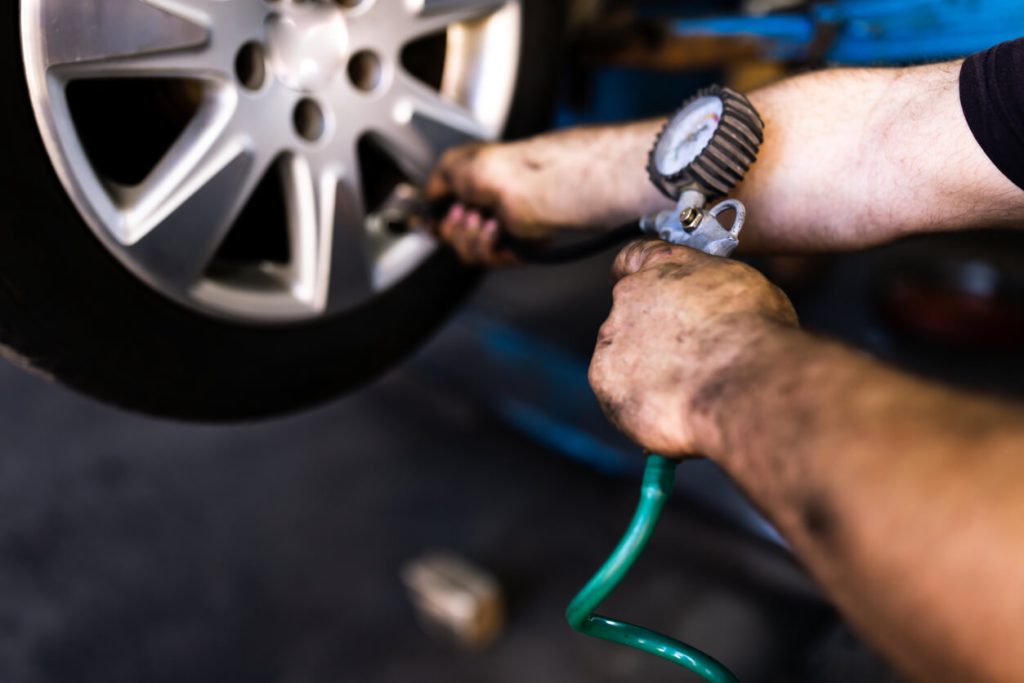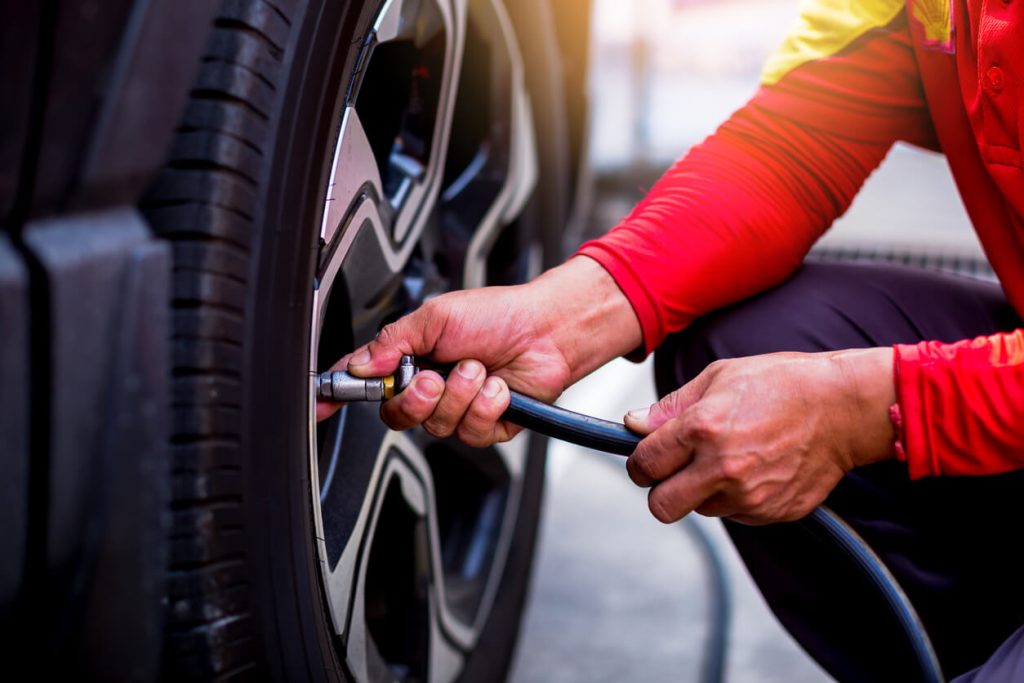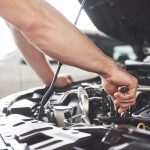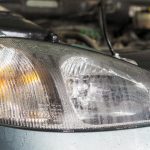Understanding Nitrogen vs Air in Tires
If you’re trying to figure out whether filling your vehicle tires with nitrogen or air is best, you’re certainly not alone! The debate between nitrogen and regular air is ongoing in the world of tire maintenance. Nitrogen, often identified by its green valve caps, promises stability and longevity, while air offers familiarity and accessibility. But which is truly superior? Let’s delve into the intricacies of these tire-filling options.
1. The Lowdown on Nitrogen

Nitrogen is heralded for its stability and consistency. With its green valve cap signalling its presence, nitrogen-filled tires boast reduced pressure fluctuations, ensuring consistent performance regardless of weather conditions. This stability is particularly beneficial for those with hectic schedules or long commutes, as the need for frequent pressure checks reduces.
Using nitrogen also slows down leakage in the event of a puncture, offering a safer and more reliable ride.
2. Air: The Old Reliable
In contrast, air remains the traditional go-to for tire inflation. It’s readily available, easily accessible, and usually free of charge (or relatively inexpensive) at gas stations or mechanic shops.
While air-filled tires may experience slightly more pressure fluctuations due to temperature changes, the difference is often negligible for everyday driving. However, in the event of a puncture, air leaks faster than nitrogen, requiring immediate attention and potentially compromising safety.
3. Nitrogen or Air: Which is the Better Option for Your Vehicle?
Choosing between nitrogen and air ultimately boils down to personal preference and convenience. If stability, reduced maintenance, and longer tire life are priorities, nitrogen may be the ideal choice. On the other hand, if accessibility and familiarity are paramount, sticking with traditional air may better suit your needs.
Pro Tip
Think you’re getting a flat tire? If your tires are filled with air, ensure you fill them up with air and not nitrogen, as you shouldn’t mix the two. If your tires are filled with nitrogen and potentially leaking, visit your dealership or local auto shop for a nitrogen top-up.
Whether you opt for nitrogen or air, regular tire maintenance is crucial for optimal performance and safety. Check your tire pressure regularly, inspect for any signs of wear or damage, and consider switching to nitrogen-filled tires for enhanced stability and longevity.
Give us a call if you have any questions for our knowledgeable staff, or visit Logel’s Auto Parts to shop for a wide selection of new and used auto parts.









